Putin after mutiny: West, Ukraine wanted Russians to kill each other
Russian President Vladimir Putin says he ordered his country’s forces to avoid bloodshed during Wagner group’s armed mutiny over the weekend, adding that the West and Ukraine wanted Russians to “kill each other.”
"From the start of the events, on my orders, steps were taken to avoid large-scale bloodshed," Putin said in a Monday televised address to the nation.
"Time was needed, among other things, to give those who had made a mistake a chance to come to their senses, to realize that their actions were firmly rejected by society, and that the adventure in which they had been involved had tragic and destructive consequences for Russia and for our state."
The Russian president also lauded his fellow countrymen for their "endurance unity, and patriotism."
"It was precisely this fratricide that Russia's enemies wanted: both the neo-Nazis in Kiev and their Western patrons, and all sorts of national traitors. They wanted Russian soldiers to kill each other," Putin added.
He warned that any attempt to sow unrest in Russia would fail, saying, "Civilian solidarity showed that any blackmail, [and] any attempts to organize internal turmoil is doomed to fail."
The Russian president also thanked Wagner fighters and commanders who stood down to avoid bloodshed, saying he would honor his promise to allow them to relocate to Belarus if they wanted, or to sign a contract with the Defense Ministry, or simply return to their families.
"Today, you have the possibility to continue serving Russia by entering into a contract with the Ministry of Defense or other law enforcement agencies, or to return to your family and close ones... Whoever wants to can go to Belarus," he said.
Putin, however, made no mention of the group’s leader, Yevgeny Prigozhin, who initiated the mutiny.
"Virtually the entirety of Russian society... was united by its responsibility to defend their homeland," the Russian president said, adding that most Wagner fighters were "patriots" who were "used" by organizers of the mutiny.
"The organizers of the mutiny, having betrayed their country, their people, also betrayed those whom they dragged into the crime. They lied to them, they pushed them to death," he said.
Following his address, Putin attended a meeting of Russia’s security officials.
According to Kremlin spokesman Dmitry Peskov, Defense Minister Sergei Shoigu as well as head of FSB security service, Alexander Bortnikov, and National Guard head Viktor Zolotov were present in the meeting.
Other participants included Prosecutor General Igor Krasnov, head of the Kremlin administration Anton Vaino, Interior Minister Vladimir Kolokoltsev, head of the Federal Protection Service Dmitry Kochnev, and head of the federal Investigative Committee Alexander Bastrykin.
Addressing the meeting, Putin thanked his security officials for their work during the armed mutiny, saying, "I gathered you to thank you for the work that was done."
The mutiny started over differences between Prigozhin and Shoigu.
The Wagner chief had accused Russia’s military top brass of ordering a rocket attack on the group's field camps in Ukraine -- where Russia has been conducting a military operation -- killing "huge numbers” of his paramilitary forces. Authorities in Moscow, however, strongly denied his claim.
Following negotiations with Belarusian President Alexander Lukashenko aimed at deescalating the situation, the leader of Wagner paramilitary forces ordered his fighters on Saturday to turn around from their march towards Moscow to avoid bloodshed.
The Kremlin then announced that Russia has dropped a criminal case previously filed against the head of Wagner group.
Kremlin spokesman Dmitry Peskov said those Wagner fighters, who had not partaken in the "march" toward Moscow, would be offered to sign contracts with the Russian Defense Ministry.
The rest of the group's fighters, who had taken part in the mutiny, would not be prosecuted in recognition of their previous service to Russia, Peskov said, adding, "We have always respected their heroic deeds at the front."
Earlier on Monday, Prigozhin admitted that the aborted mutiny was not an attempt to overthrow the Russian government, adding that the armed march he led on Moscow over the weekend was meant “to demonstrate our protest, not to topple the government.”
The Wagner boss said the fleeting mutiny was intended to prevent his forces “from being dismantled.”
In an earlier address, Putin had said Wagner’s “betrayal” and “any actions that fracture our unity” were “a stab in the back of our country and our people.”
The Wagner leader, a former close ally of Putin, was critical of Russia’s military leadership and their handling of the war in Ukraine, saying if his troops carried out the first attacks in the military campaign in Ukraine, the war would have been over much sooner.
Before the mutiny ended, Prigozhin had threatened to “go all the way” to topple Russia's military leadership, accusing Shoigu and Russia's top general, Valery Gerasimov, of not giving his forces ammunition.
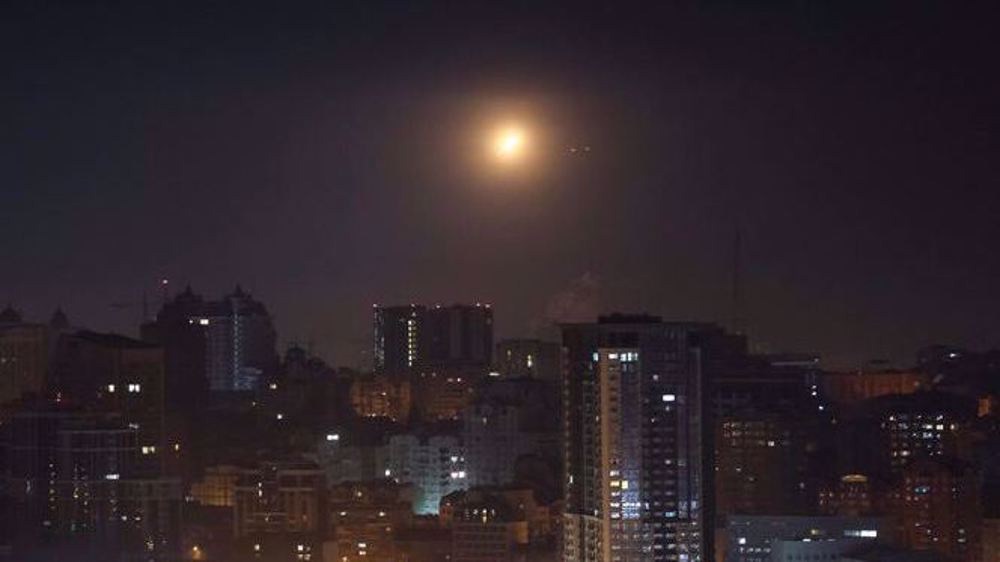
Russia launches ‘record’ strikes on Ukraine: Kiev
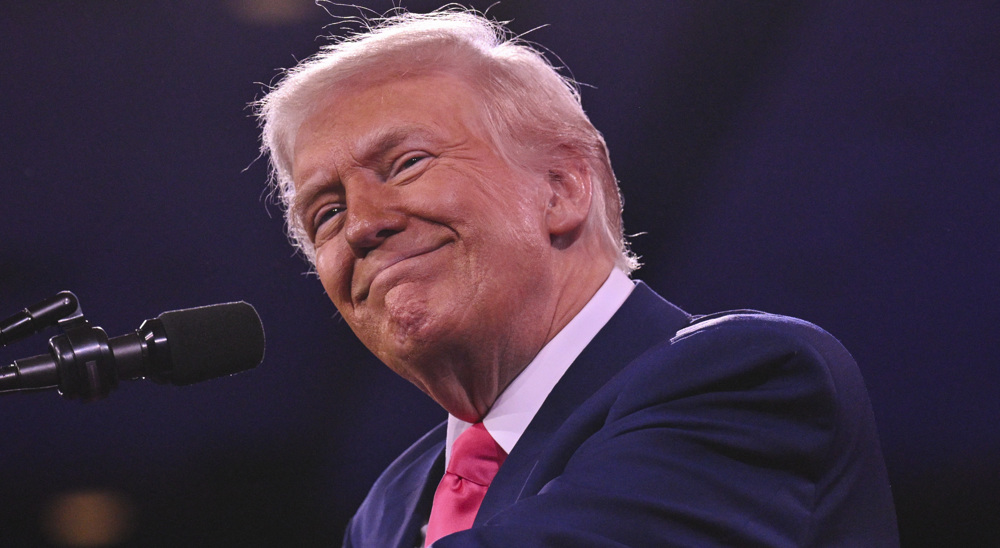
Trump wants return on Ukraine aid: ‘We’re getting our money back’
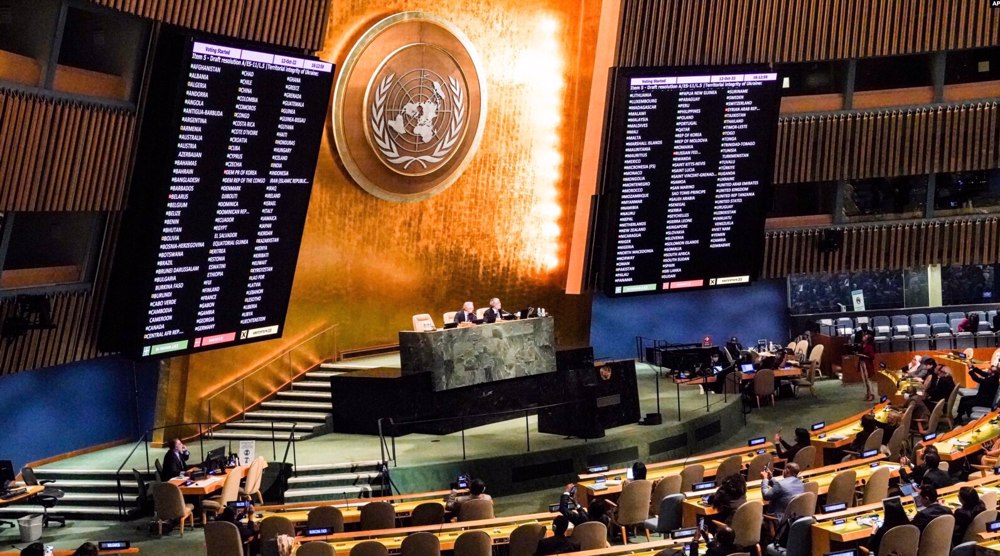
US to propose own UN resolution on Russia-Ukraine conflict
Shocking details of Israeli army’s massacre of 90 civilians from Juha family in Gaza
VIDEO | Lebanese resistance remains alive
Iran’s daily sweet gas production peaks at 870 mcm: NIGC
Nasrallah shattered myth of Israeli military’s invincibility: Top Yemeni official
Iran says it has attracted $8.2bn of foreign investment since Aug
‘Misguided policies’: Araghchi says unjust sanctions inflict suffering on innocent Iranians
Iran summons Polish envoy over 'baseless, biased' drone claims
Election winner conservative Merz invites Netanyahu to Germany despite ICC warrant


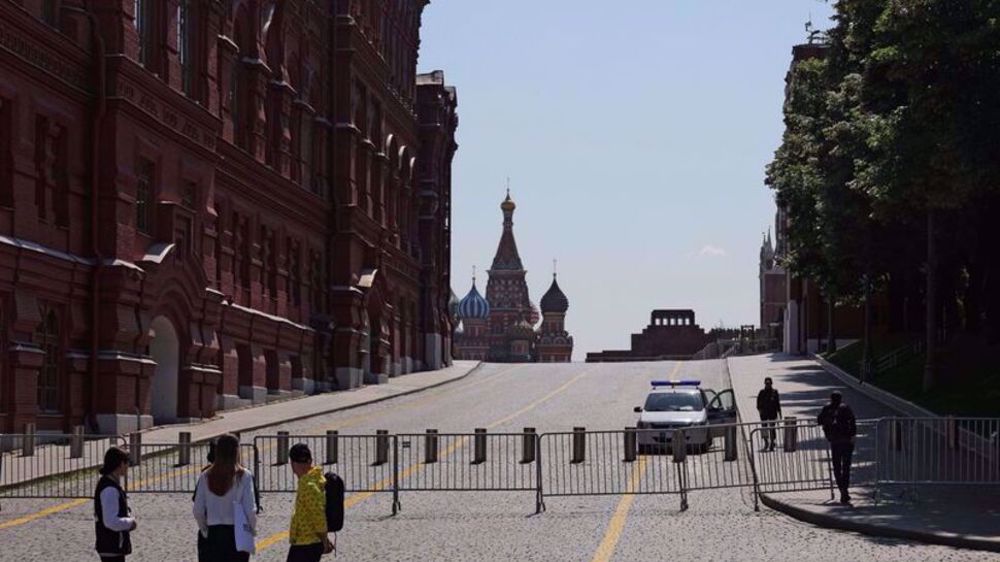
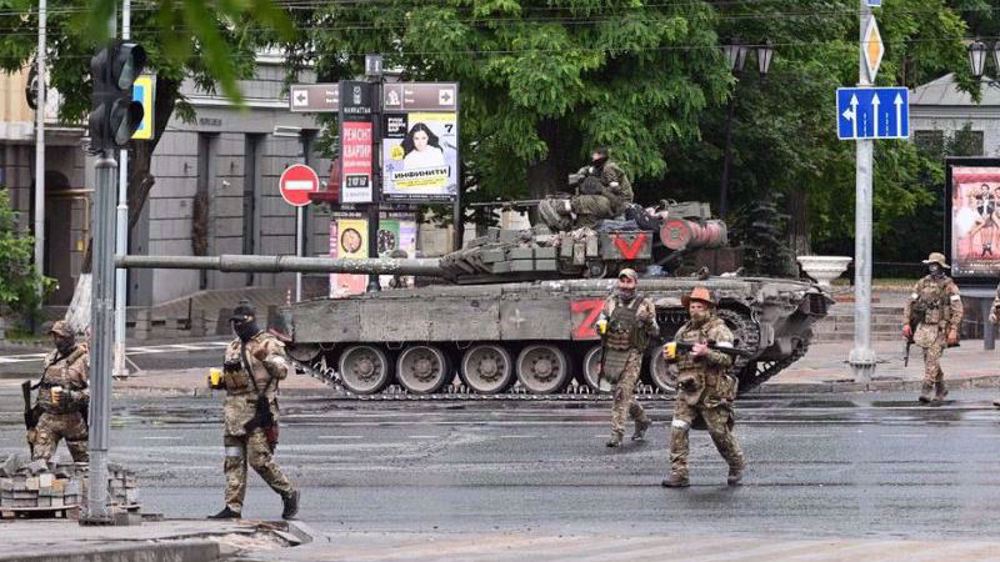
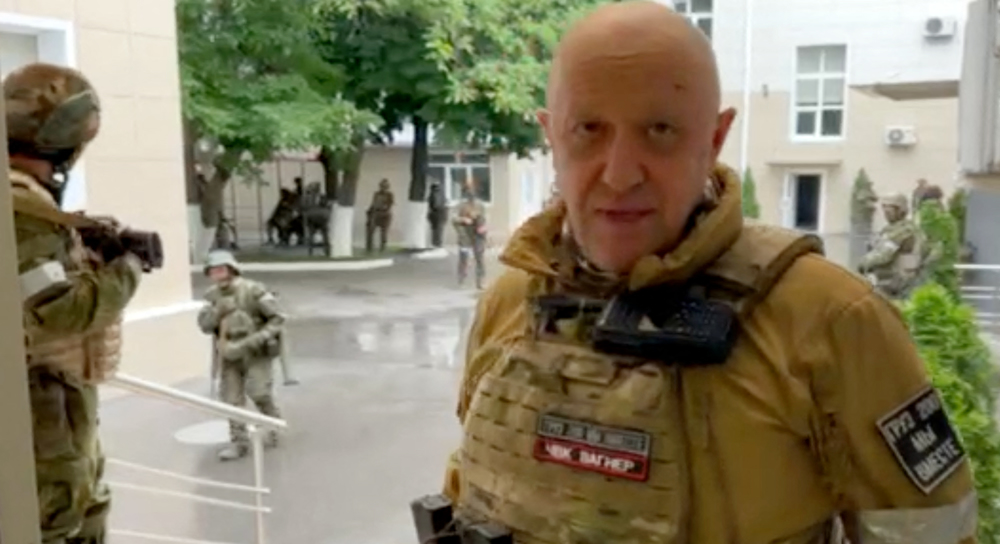




 This makes it easy to access the Press TV website
This makes it easy to access the Press TV website